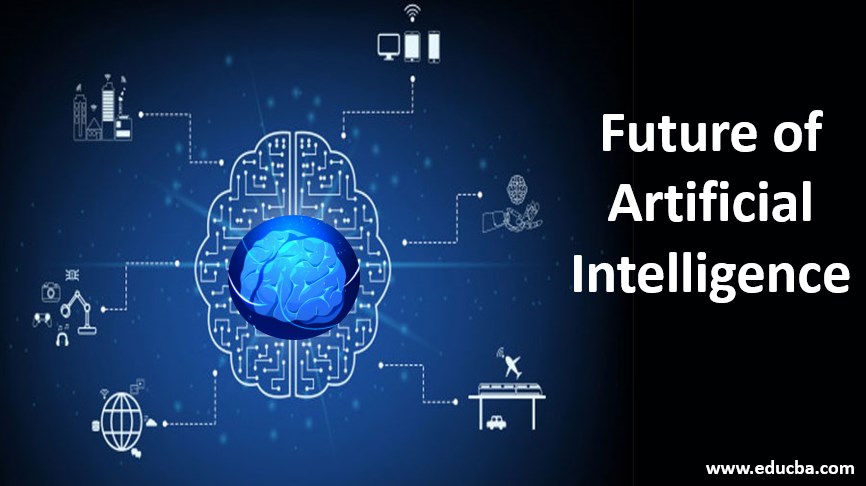The Future of Artificial Intelligence (AI)
THE FUTURE OF ARTIFICIAL INTELLIGENCE (AI).
The future of artificial intelligence (AI) is an exciting and rapidly evolving field. While I can't predict specific details, I can discuss some general trends and potential advancements based on the current state of AI research and development.
1. Advanced Machine Learning: Machine learning algorithms will continue to improve, allowing AI systems to process and analyze vast amounts of data more efficiently. This progress will lead to more accurate predictions, better pattern recognition, and enhanced decision-making capabilities.
2. Deep Learning and Neural Networks: Deep learning techniques, particularly neural networks, have shown great promise in various domains such as image and speech recognition. The future will likely bring advancements in neural network architectures and training methods, enabling even more complex and sophisticated AI models.
3. Natural Language Processing: Natural language processing (NLP) has made significant strides, enabling machines to understand and generate human language more effectively. Future developments in NLP may result in more advanced language models capable of engaging in nuanced conversations and understanding context.
4. Robotics and Automation: AI-powered robots and autonomous systems will continue to advance, revolutionizing industries such as manufacturing, healthcare, transportation, and agriculture. Expect to see robots with improved perception, dexterity, and decision-making capabilities.
5. Ethical and Responsible AI: As AI becomes more pervasive, ethical considerations will become increasingly important. Efforts will focus on ensuring transparency, fairness, and accountability in AI systems, along with addressing biases and potential risks associated with AI technology.
6. AI in Healthcare: AI has immense potential in healthcare, from diagnostics and personalized medicine to drug discovery and patient care. Expect to see AI systems assisting doctors in diagnosing diseases, analyzing medical imaging data, and providing personalized treatment recommendations.
7. AI and Automation in the Workplace: Automation will continue to impact the job market, with AI systems taking over repetitive and routine tasks. However, this will also create new job opportunities that involve working alongside AI systems or managing and maintaining them.
8. AI in Cybersecurity: AI will play a crucial role in detecting and combating cyber threats. AI algorithms can analyze vast amounts of data to identify patterns, anomalies, and potential security breaches, helping organizations strengthen their cybersecurity measures.
It's important to note that while AI holds great potential, there are also ethical, privacy, and societal implications to consider. Striking the right balance between technological advancement and responsible deployment will be key to shaping the future of AI in a beneficial and inclusive manner.



thanks for giving information
ReplyDelete